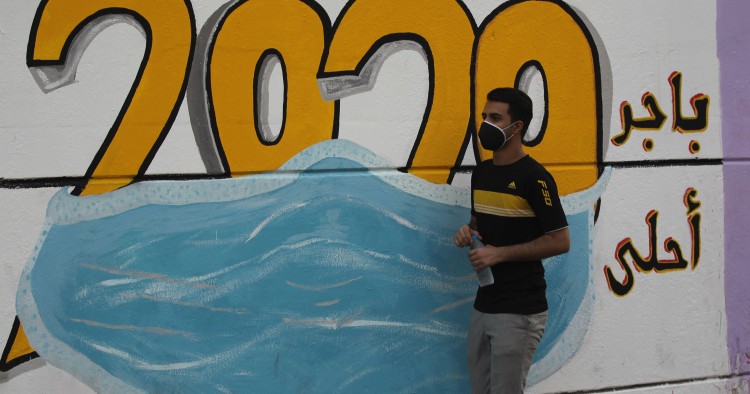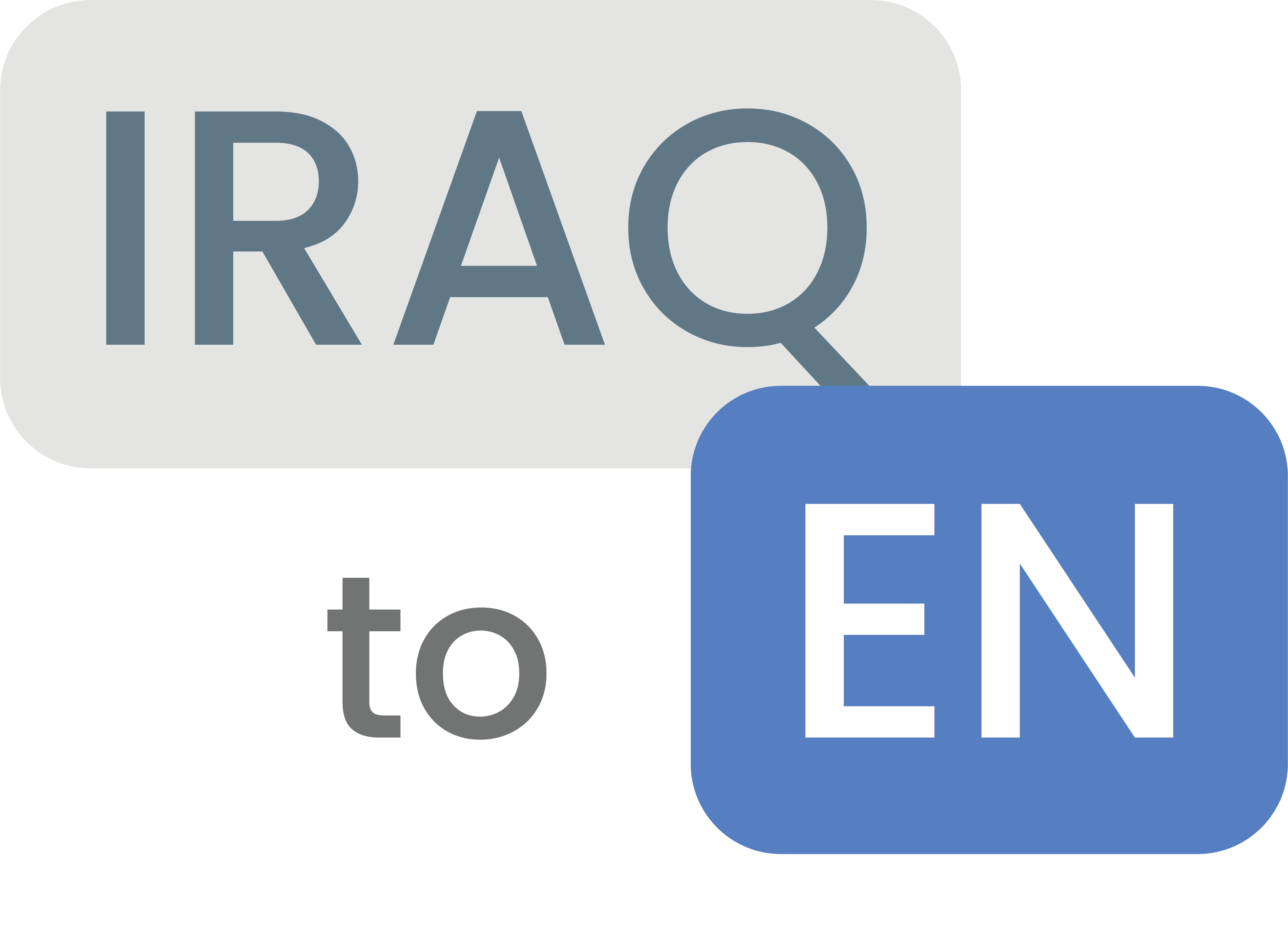
Iraq’s Fragile State in the Time of Covid-19 Outbreak
Iraq to English/
The term “fragile states” refers to those countries that are particularly susceptible to internal and external shocks. Fragile states face multiplying risks and diminished coping capacities such that when a shock does strike a highly fragile state, it is more likely to cascade across multiple sectors. The COVID-19 pandemic — unprecedented in its scale, complexity, and impact — is aggravating inequality, poverty and insecurity in fragile states and threatening to stall progress toward the UN’s Sustainable Development Goals (SDGs).
Iraq ranks high in a number of economic, political, societal, environmental and security fragility metrics.[1] Even before the onset of the COVID-19 crisis, Iraq was facing a set of acute challenges that the country was ill-prepared to manage.[2] In fact, prior to the pandemic, some analysts had gone as far as to argue that Iraq exhibited the hallmarks of a failed state, not merely a fragile one.[3] A World Bank study released in late September warned: “Iraq is on the brink of catastrophe. Almost two decades after the Iraq war began, the country remains caught in a fragility trap and faces increasing political instability and fragmentation, geopolitical risks, growing social unrest, and a deepening divide between the state and its citizens.”[4]
Iraqi authorities have taken a series of preventative and remedial measures to deal with the pandemic and its second order effects. However, since early June, the number of positive COVID cases has soared, while job losses and rising prices have caused the national poverty rate to climb. Three overlapping segments of the Iraqi population — the forcibly displaced, women, and children — have been hit especially hard by the public health and socioeconomic impacts of COVID-19.
The Fragile State of Iraq
The term “fragile states,” which entered the development discourse in the 1990s, is usually associated with the state’s lack of will or capacity to perform its core functions. Of the numerous definitions of “state fragility” proposed by the development and research communities over the years, there is some consensus around the version offered by the OECD, which defines fragility in terms of risk and resilience — as “the combination of exposure to risk and insufficient coping capacities of the state, system and/or communities to manage, absorb or mitigate those risks.”[5]
Reflecting the broad agreement across the literature that fragility is multi-dimensional, several cross-country indices have been developed which attempt to measure fragility.[6] The most widely known of these analytic tools is the Fragile States Index (FSI) produced by the Fund for Peace, which assesses a state’s vulnerability to conflict or collapse.[7] Since the defeat of Daesh (Islamic State / ISIL / IS) in 2017, Iraq’s FSI score has improved, with the most significant progress evident in the security domain.[8] Nevertheless, Iraq has a high level of risk exposure and limited state capacity[9] and continues to rank among the FSI’s most fragile states (i.e., currently 17th of 178).[10]
Iraq faces severe fiscal pressures stemming from the collapse of oil prices, a fragmented political elite, and widespread popular discontent. A protracted government formation process concluded in June — months after the COVID-19 outbreak — when Parliament voted to approve the final seven members of Prime Minister Mustafa al-Kadhimi’s Cabinet members. Compounding Iraq’s vulnerability is the country’s unique exposure to the virus through cross-border interaction with Kurds in the north and Shia pilgrims in the south from Iran, the pandemic’s regional epicenter.[11] The UNDP Fragility Analysis issued in August 2020 described the most likely scenario for Iraq over the next 18 months in bleak terms: “Existing vulnerabilities will be significantly exacerbated by the COVID-19 pandemic and its impacts in different sectors; this will weaken but not completely destabilize Iraqi society and the Government.”[12]
Stark evidence of the extent of Iraq’s fragility can be found in the feeble condition of the country’s healthcare system in the face of the COVID-19 pandemic. The Iraq Ministry of Health (MoH) once presided over arguably the most advanced national medical system in the Middle East.[13] Even during the Iran-Iraq War (1980-88), the Iraqi government continued to invest in low-cost primary care, as a means of maintaining social order.[14] However, the 1991 Gulf War, UN sanctions,[15] the 2003 US-led invasion and occupation,[16] and the war against Daesh (Islamic State / IS/ ISIL) have combined to decimate the country’s healthcare system,[17] which also suffers from chronic underfunding[18] and lack of public trust.[19]
Since COVID-19 struck Iraq, the country’s depleted force of frontline healthcare workers has been under immense pressure.[20] Hospital wards have become breeding grounds for infections,[21] placing physicians and staff at great personal risk. Healthcare practitioners have been assaulted by angry family members of patients suffering from or who have succumbed to the virus.[22] In a video address to the United Nations General Assembly on September 23, President Barham Salih appealed for assistance in dealing with the “mounting violence towards the medical community.”[23]


